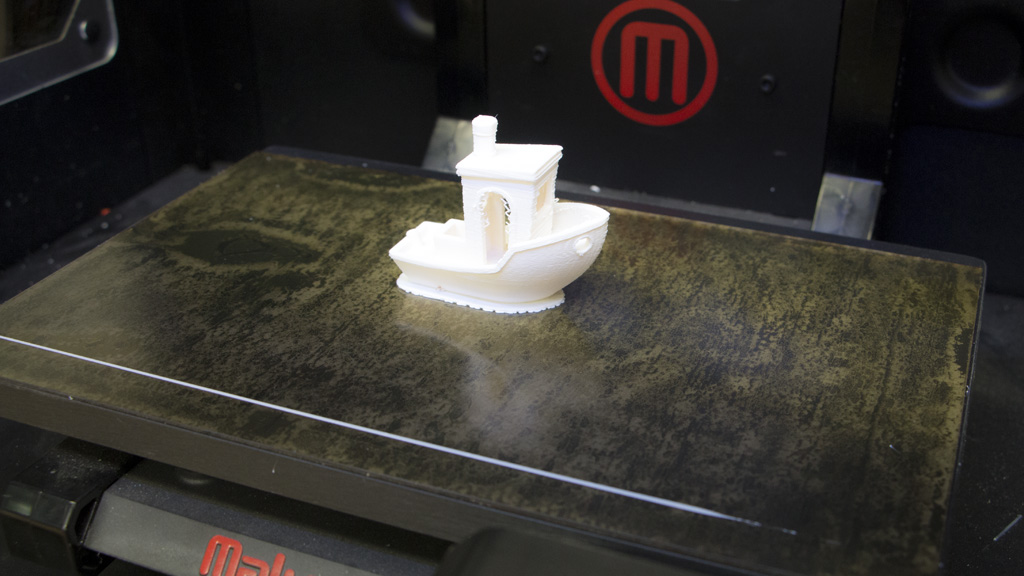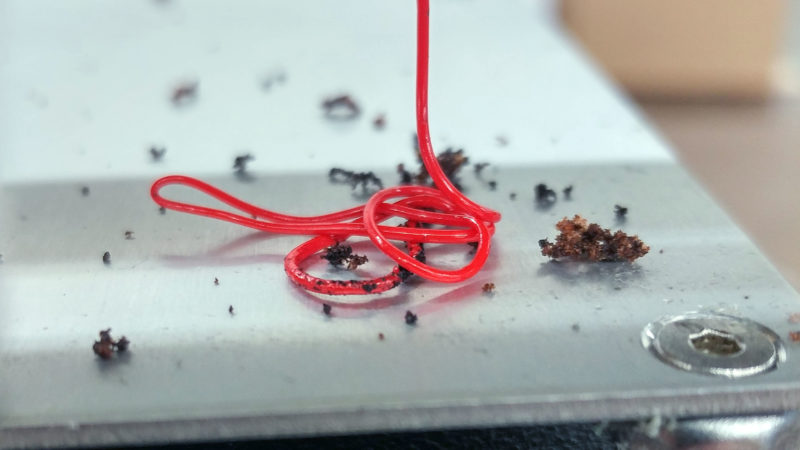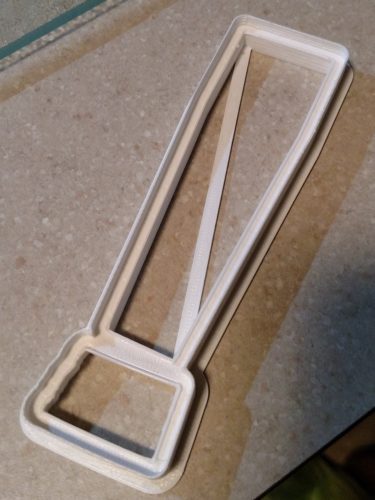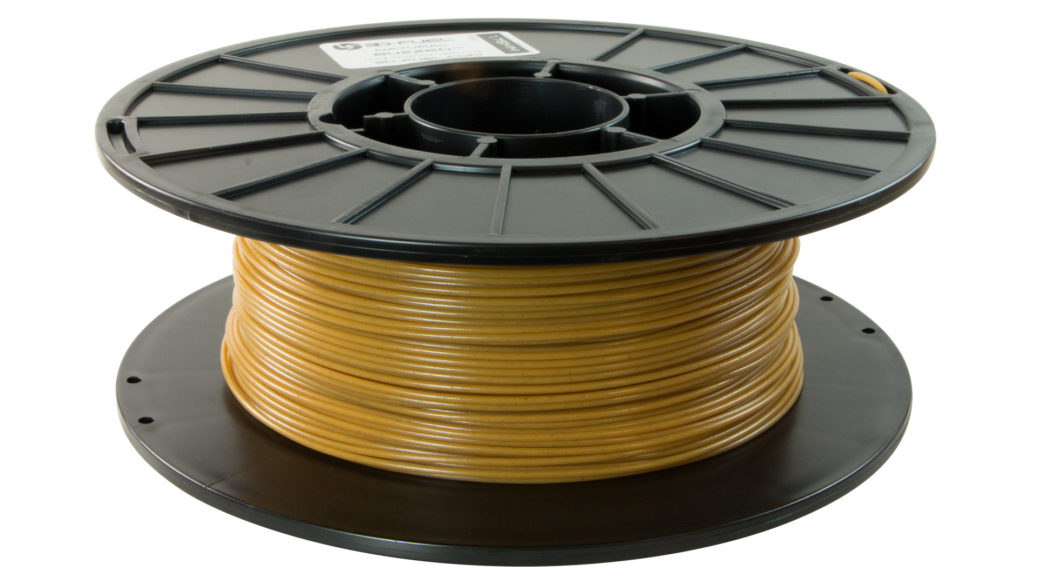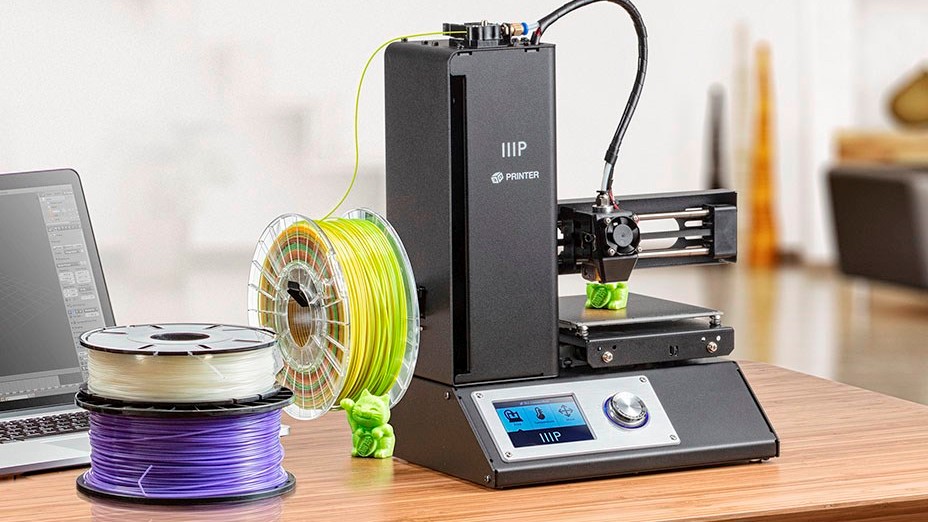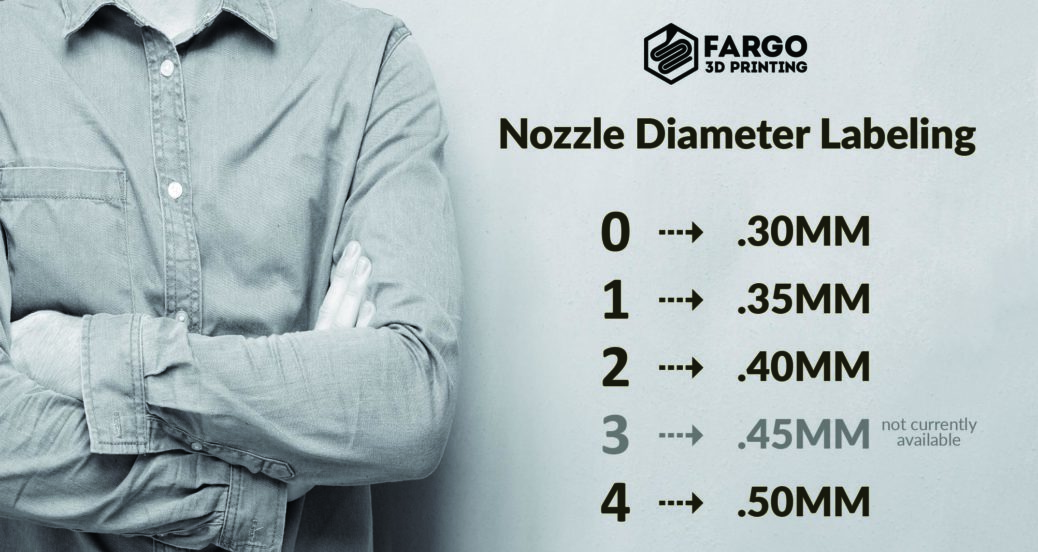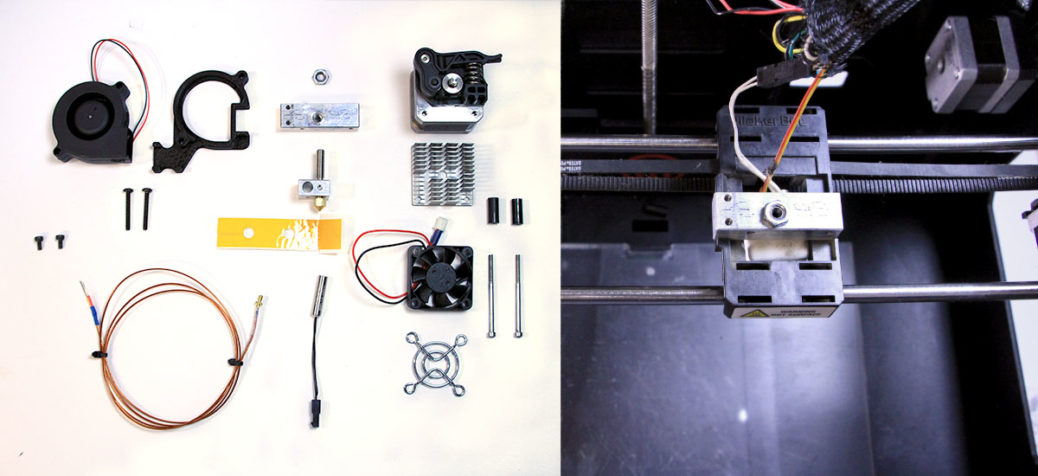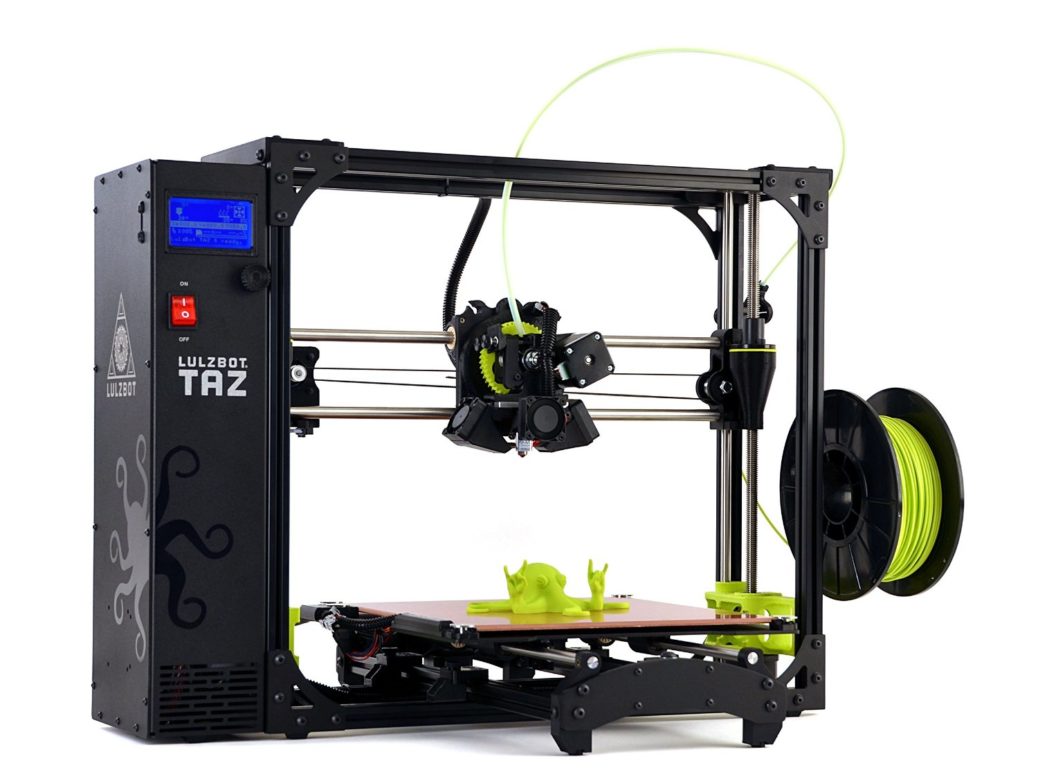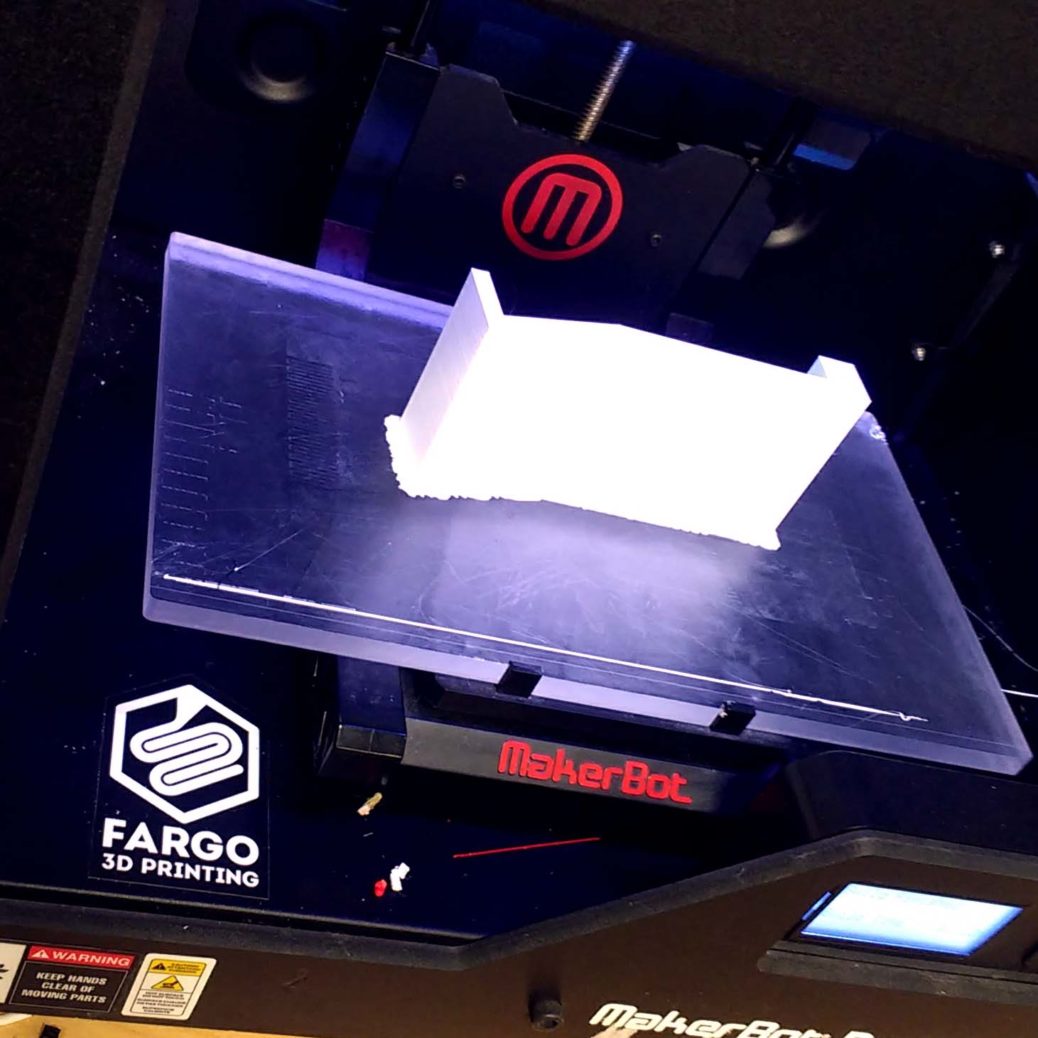Recently, I was asked to write on a personal printing project since I am an amateur when it comes to 3D printing. The following experience was both interesting and insightful. I tried to go through the steps of printing with as little help as possible to make the experience...
3D Printing: An Amateur’s Perspective
